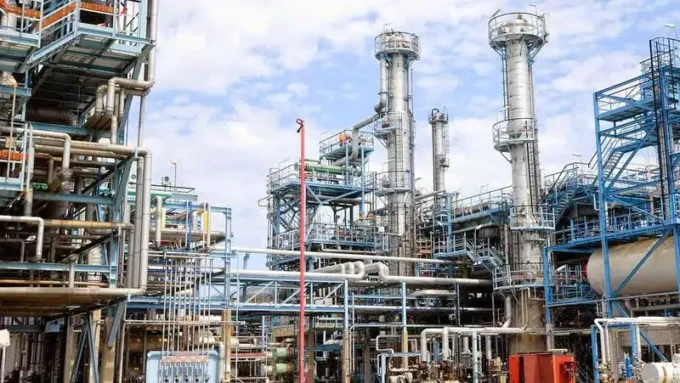The U.S. economy is grappling with inflation rates that have reached levels not seen in decades, prompting policymakers to reassess strategies to stimulate growth without exacerbating price increases.
President Joe Biden has advocated for substantial government spending to address infrastructure needs, arguing that investments in roads, bridges, and technology will enhance productivity and alleviate inflationary pressures. He contends that such investments will break up economic bottlenecks, leading to wage increases without raising prices.
However, some economists and lawmakers express concern that increased government spending could further fuel inflation. They warn that without careful management, additional fiscal measures might lead to higher consumer prices, potentially undermining the purchasing power of American families.
In response to these concerns, Treasury Secretary Janet Yellen testified before the Senate Banking, Housing, and Urban Affairs Committee, highlighting the administration’s efforts to balance economic recovery with inflation control. She emphasized that while inflation has risen, real wages have also increased, suggesting that workers are better off despite higher prices.
Republican lawmakers have been particularly vocal in their criticism of the administration’s approach. They argue that the proposed spending plans could exacerbate inflation and lead to economic instability. For instance, Rep. Kevin Hern, R-Okla., criticized the administration for creating “economic disaster after disaster,” citing record-high inflation and gas prices.
The debate has also extended to the Federal Reserve’s role in managing inflation. Some legislators advocate for the Fed to take a more active stance in controlling inflation through monetary policy adjustments, while others caution against premature interest rate hikes that could stifle economic growth.
As the discussions continue, the challenge remains to develop an economic recovery plan that stimulates growth, addresses inflation, and ensures the financial well-being of American citizens. The outcome of these debates will significantly influence the nation’s economic trajectory in the coming years.











Why are they debating instead of taking action? The longer they talk, the worse it gets! Time to make a move!
Should legislators focus on inflation or economic recovery? Can they tackle both effectively? Whats the priority here?
I dont understand why they cant just work together and come up with a solid plan. Its like they enjoy arguing!
Do these legislators even know what theyre doing? Inflation is skyrocketing and theyre debating? Get it together, people!